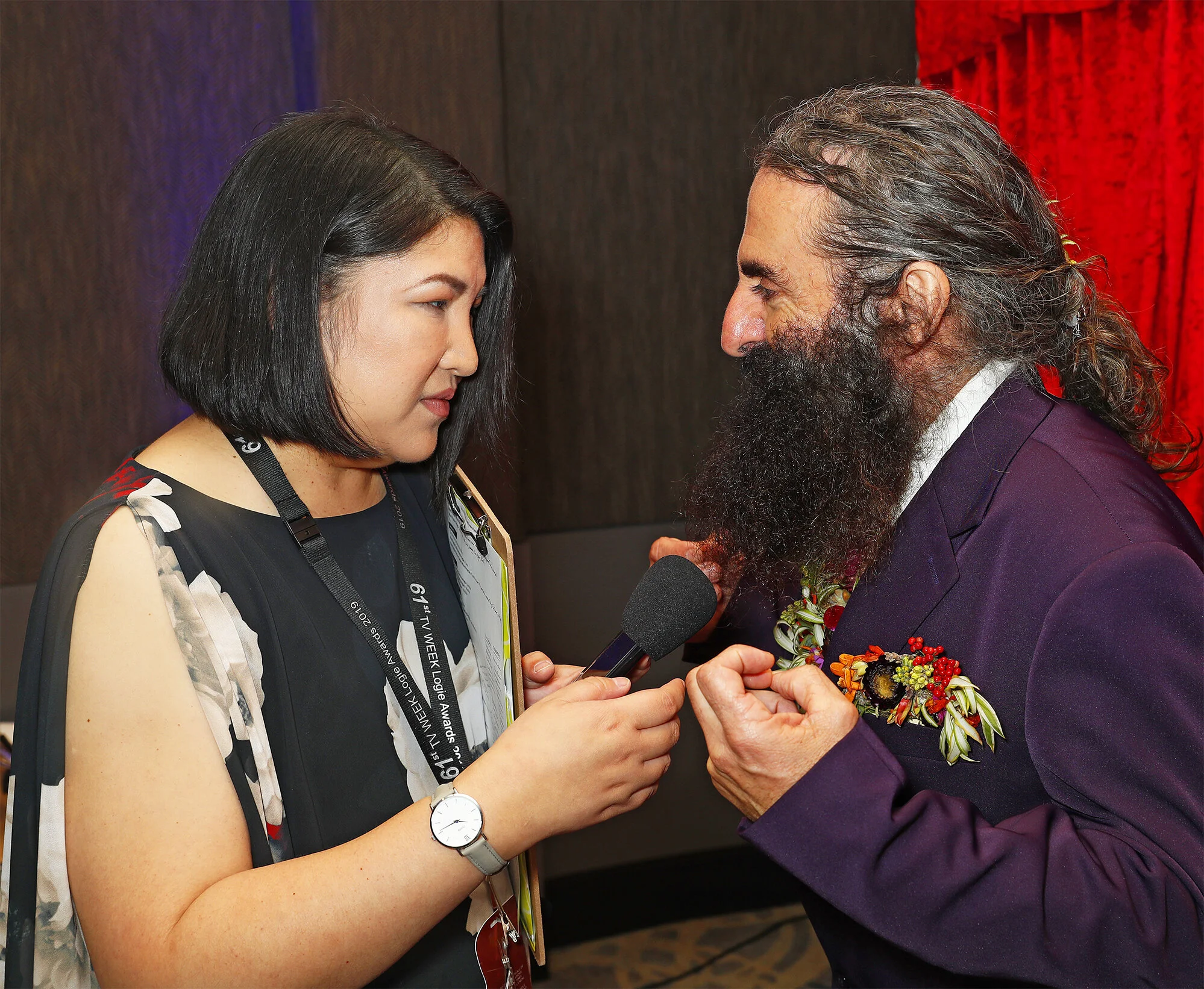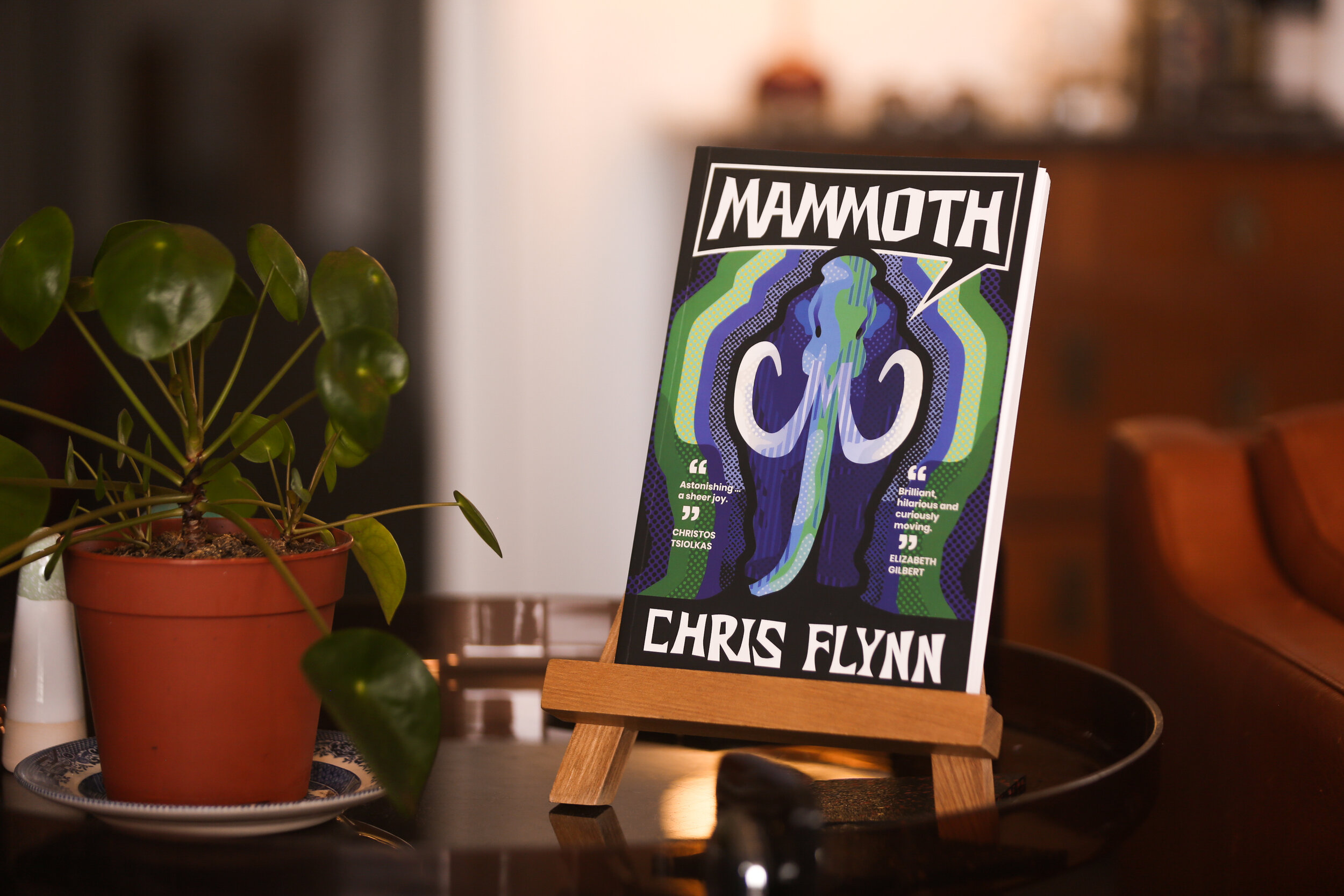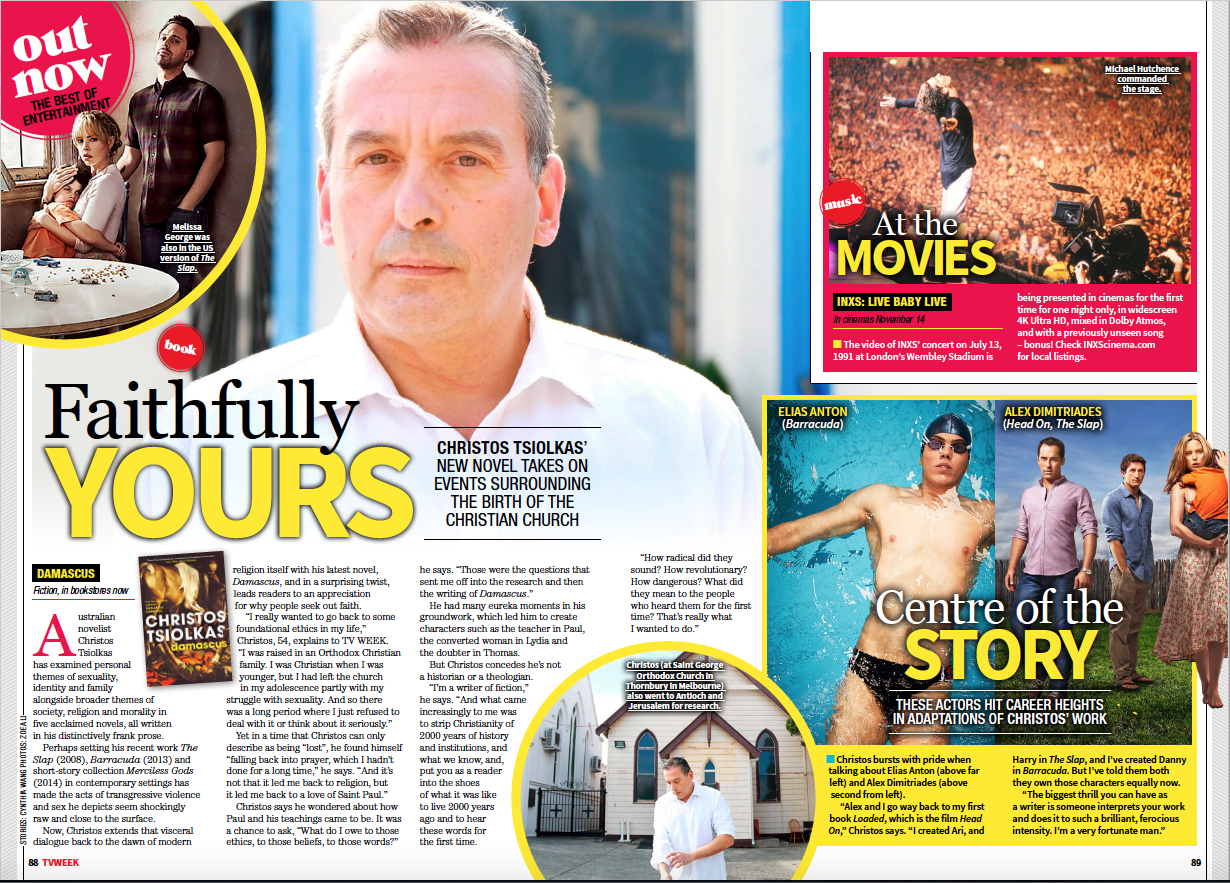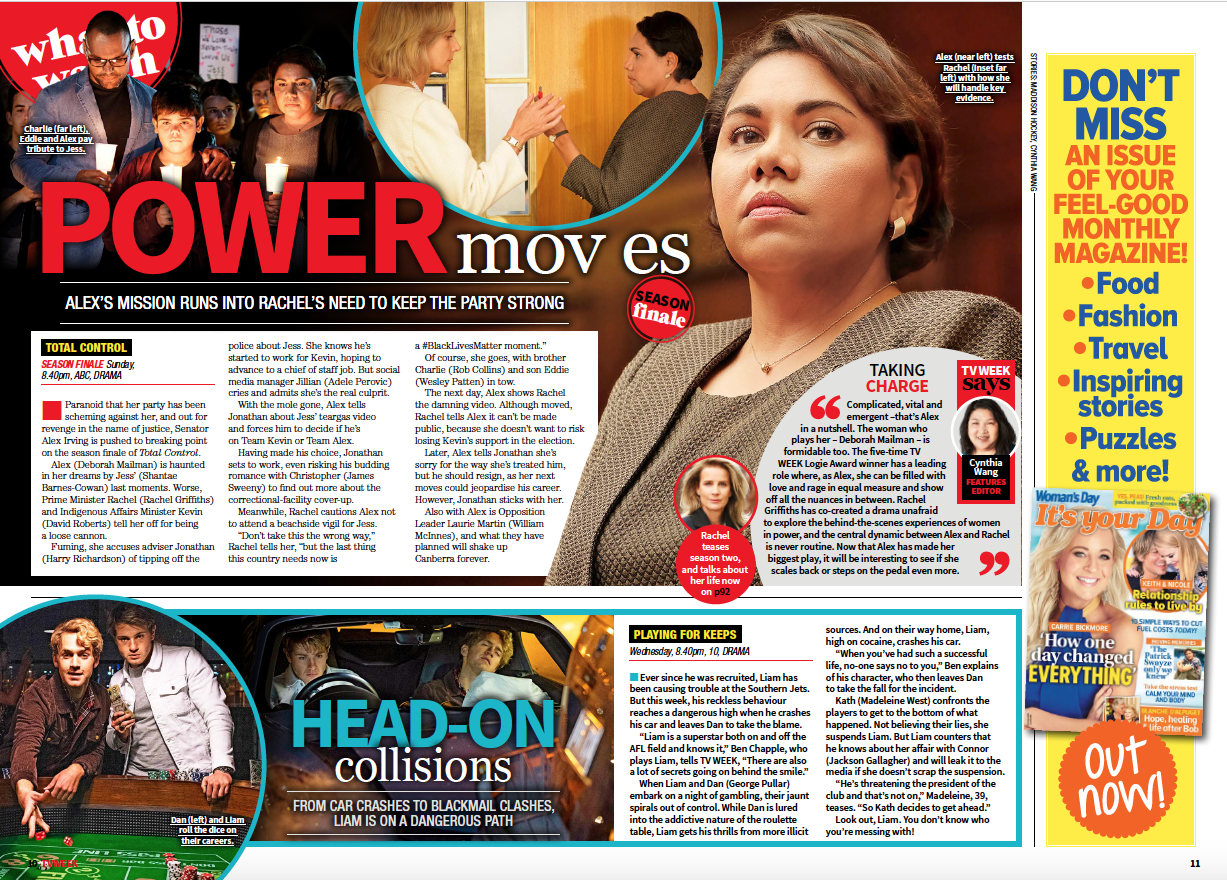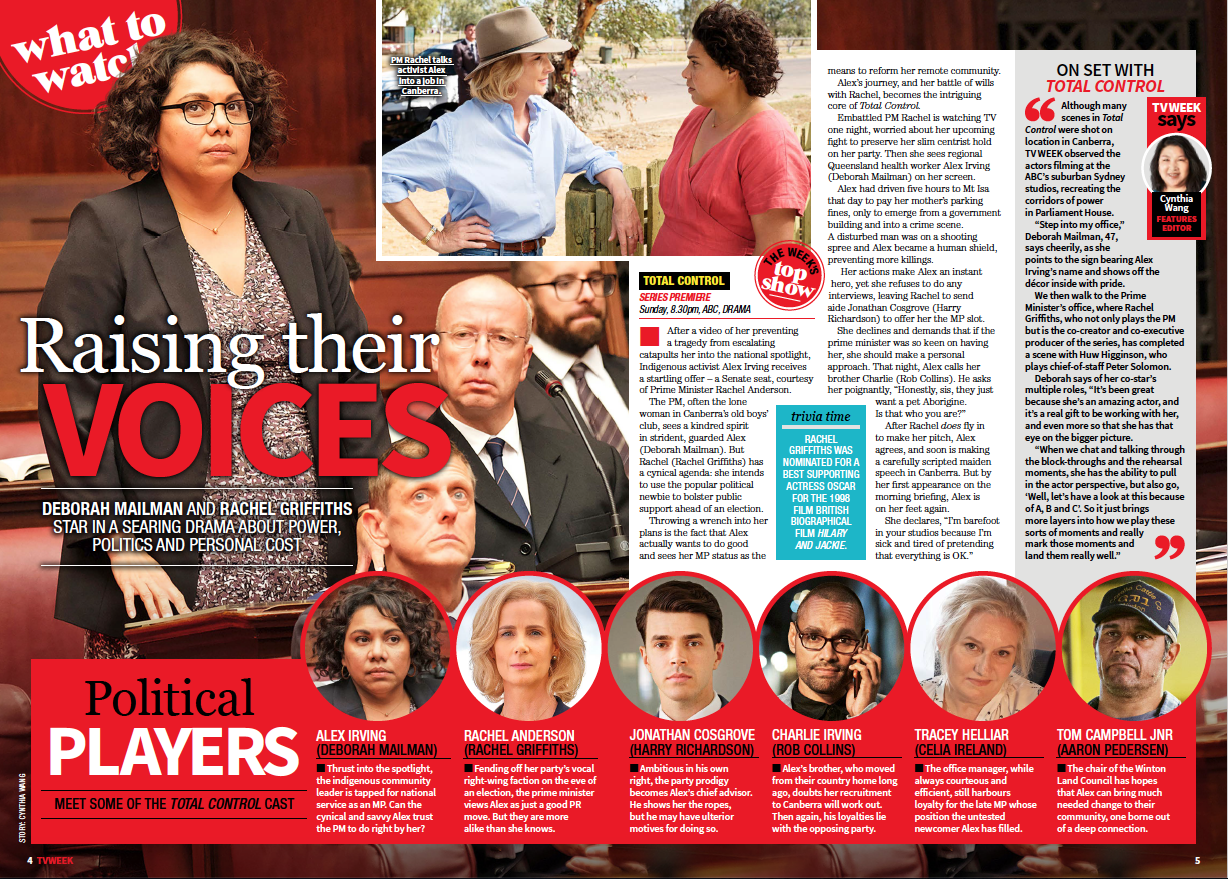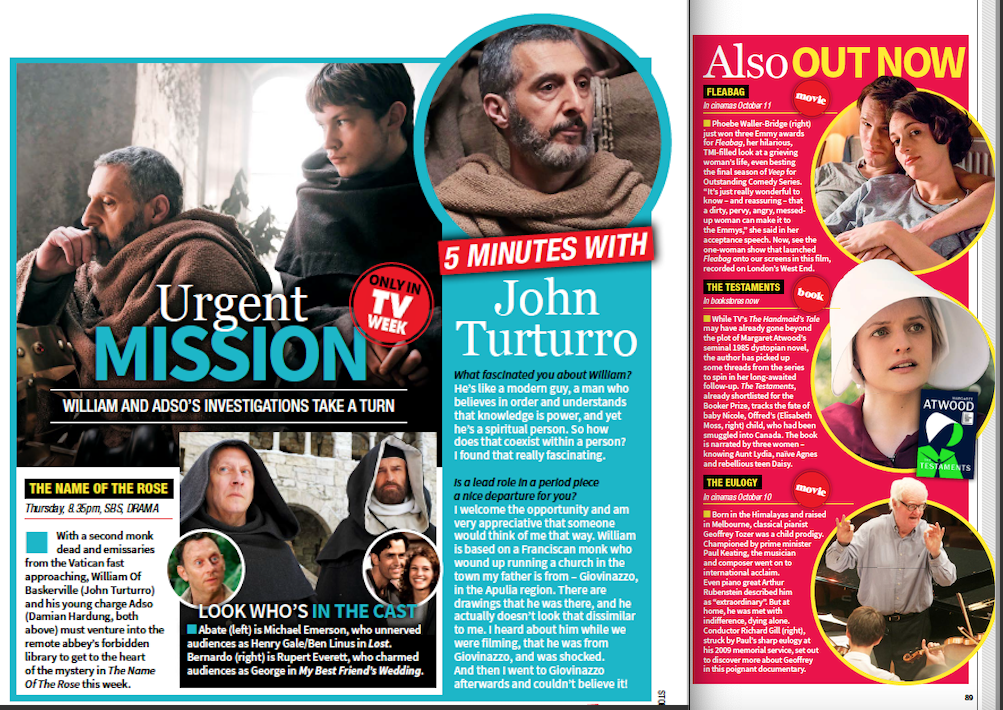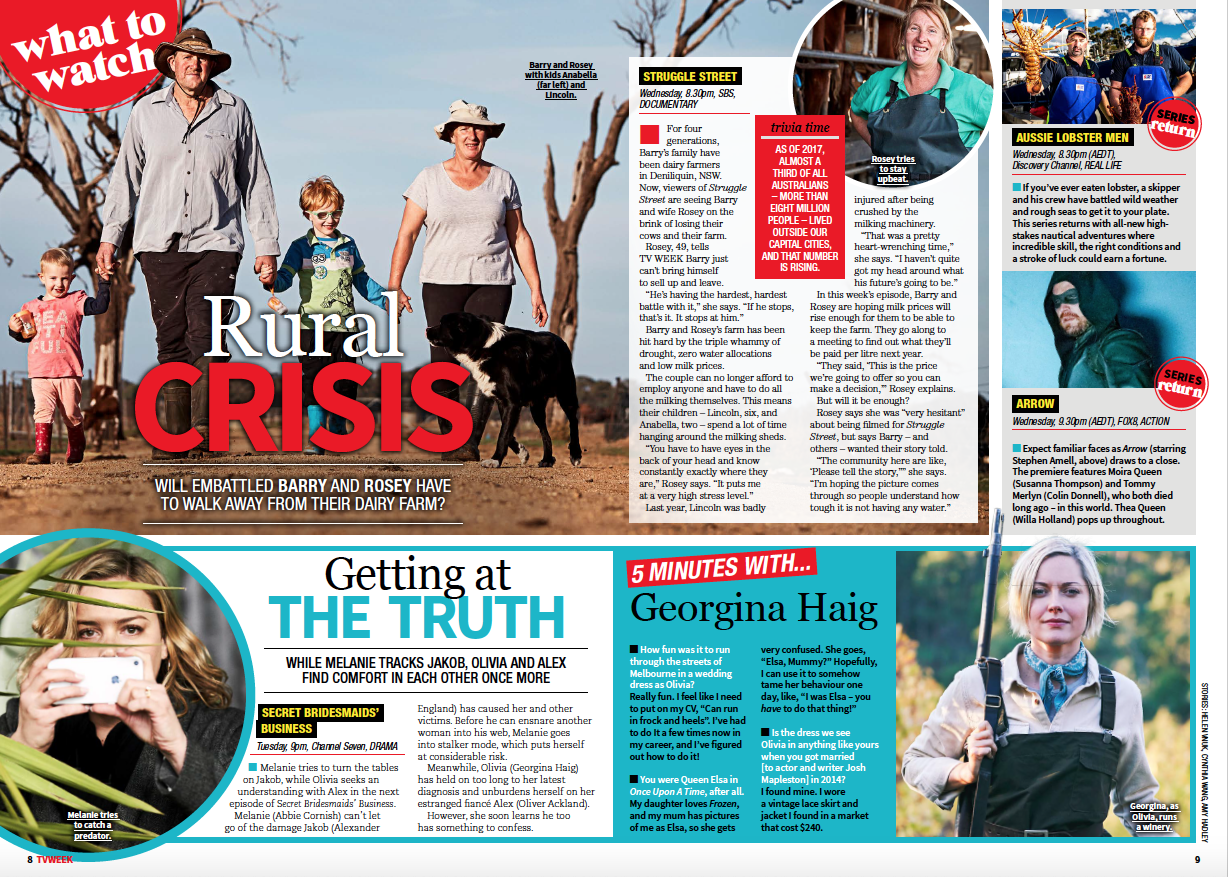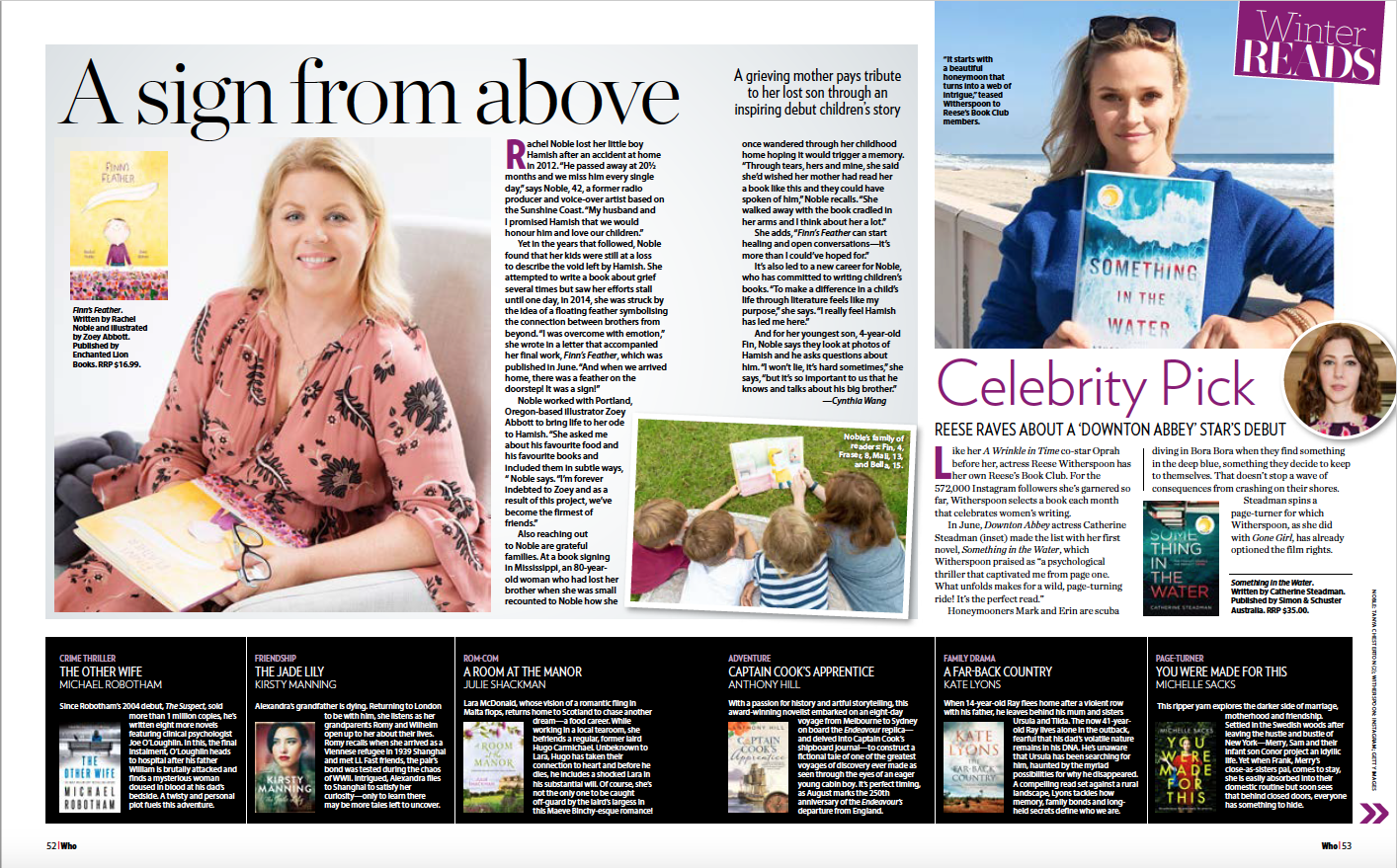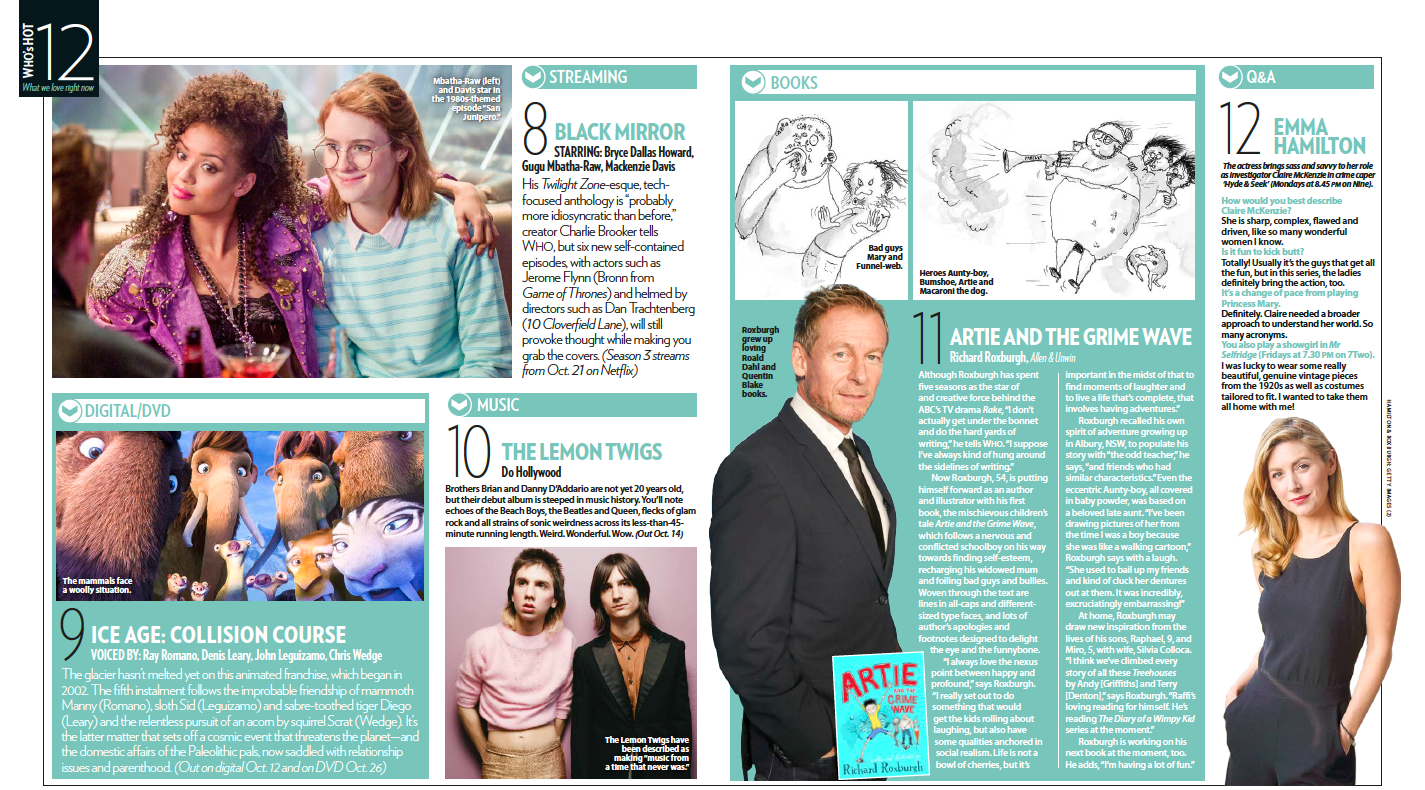Then it was just a joy for Flynn to create the rules of this world, determining that the time in which a fossil was found would become its conscious age of “speaking.” Thus Mammut, unearthed in 1801, has an expansive 220-year knowledge of human history, while a 67-million-year-old Tyrannosaurus bataar fossil comes across as an immature youngster, dug up as he was in 1991 and “living” in a Florida warehouse.
T. Bataar speaks “a little bit like Keanu Reeves from Bill and Ted’s Excellent Adventure,” Flynn says with a laugh. “So it was loads of fun assigning the voices according to where they spent time as fossils.”
Adding another dimension to the project was having Mammoth as an audiobook, read by actor Rupert Degas. “He’s this iconic voice actor who has done a million movies and he did every single voice,” Flynn marvels. “When I was sent the audio samples, I couldn't believe it. I thought, ‘That cannot be the same guy who's doing the mammoth, and the penguin from Boston, and the tyrannosaur from Miami. It can't be, but it is!”
“Let me tell you what I wish I’d known/When I was young and dreamed of glory
You have no control/Who lives, who dies, who tells your story”
– Washington and Company (“History Has Its Eyes On You,” Hamilton)
All of those voices touch on a bigger conceit for Flynn. “I’m fascinated with this idea of memory and how we remember things, the stories that we tell, and how, I think, it's a very human thing to reinvent our own memories for our own purposes,” Flynn says. Although he concedes his own memory is “terrible,” he adds, “I’m convinced people re-write their own memories to suit their current narrative.”
With Mammut, “I love that he is basically telling this story verbatim as if it's absolutely what happened, but he is embellishing, too, because he's also a storyteller,” Flynn says. “I didn't want him to get away with that easily. So I wanted the other creatures to pull him up on that and say, ‘Wait a minute, you weren't even there when that happened.’ And then he has to come up with some excuses as to why he knows that particular element of the story.”
Yet by telling human history along with his own, Mammut charts a path for his—and our—future. “He has grown to an understanding that some of us are not that different from him or the struggles that he faced,” Flynn says. “A lot of humans also face those struggles of disenfranchisement, loss of environment, people not treating you as equal.” These parallels between the lived experiences of extinct species and the current trials of humanity are indeed intentional. “We do have that tendency to elevate ourselves above nature when really, we're just one single element of the ecosystem, but we're a pretty aggressive one,” Flynn adds.
“I guess one of the messages from the book is this idea that the more integral in the holistic approach to the natural world and our place in it,” he says, “that would be a little bit healthier for all parties involved.”
Mammoth by Chris Flynn (UQP) is available in paperback and as an audiobook.



